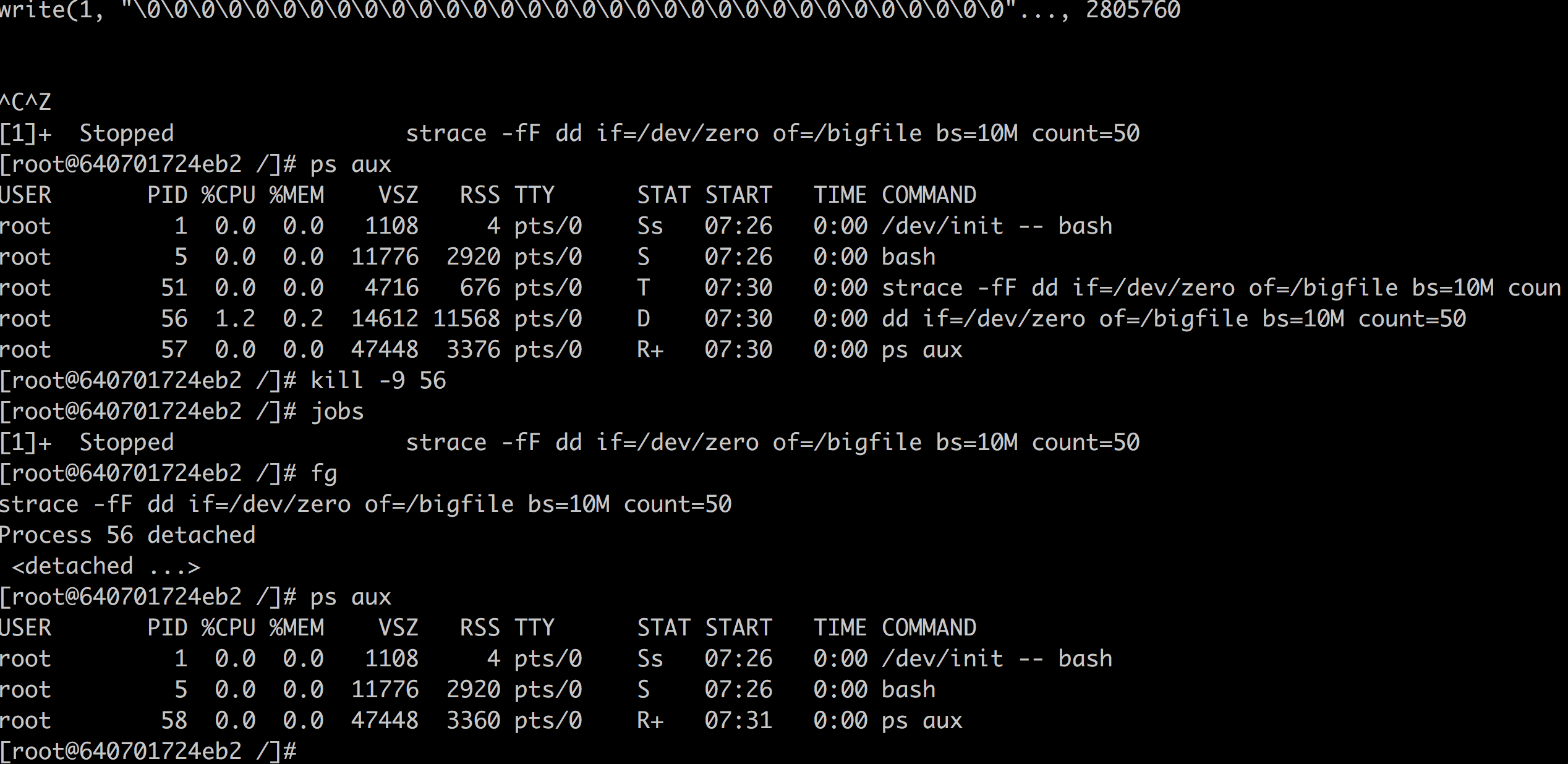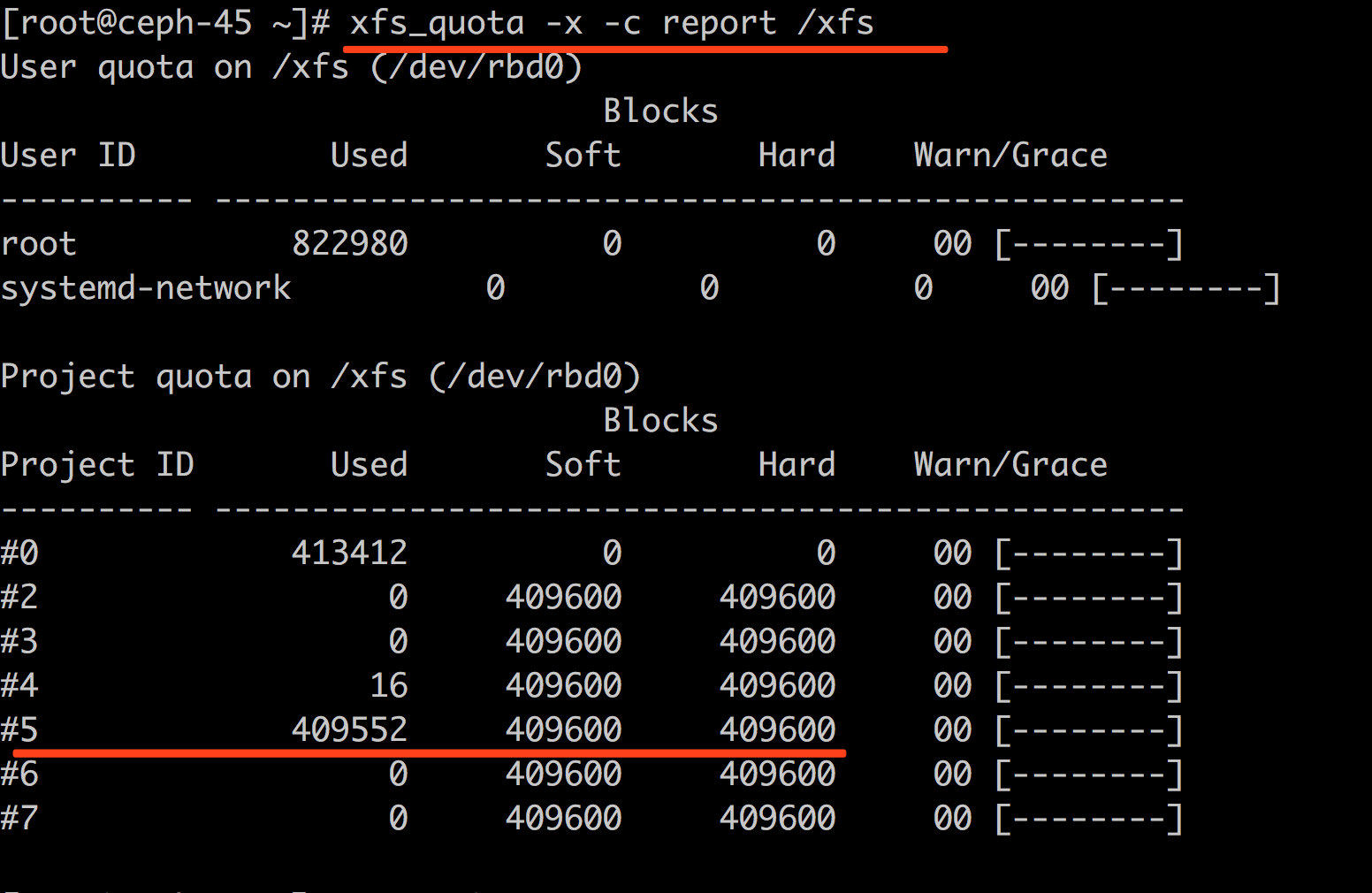#define _GNU_SOURCE
#include <stdio.h>
#include <stdlib.h>
#include <sys/types.h>
#include <sys/wait.h>
#include <sys/mount.h>
#include <sys/capability.h>
#include <stdio.h>
#include <sched.h>
#include <signal.h>
#include <unistd.h>
#define STACK_SIZE (1024 * 1024)
static char container_stack[STACK_SIZE];
char* const container_args[] = {
"/bin/bash",
NULL
};
int pipefd[2];
void set_map(char* file, int inside_id, int outside_id, int len) {
FILE* mapfd = fopen(file, "w");
if (NULL == mapfd) {
perror("open file error");
return;
}
fprintf(mapfd, "%d %d %d", inside_id, outside_id, len);
fclose(mapfd);
}
void set_uid_map(pid_t pid, int inside_id, int outside_id, int len) {
char file[256];
sprintf(file, "/proc/%d/uid_map", pid);
set_map(file, inside_id, outside_id, len);
}
void set_gid_map(pid_t pid, int inside_id, int outside_id, int len) {
char file[256];
sprintf(file, "/proc/%d/gid_map", pid);
set_map(file, inside_id, outside_id, len);
}
int container_main(void* arg)
{
printf("Container [%5d] - inside the container!\n", getpid());
printf("Container: eUID = %ld; eGID = %ld, UID=%ld, GID=%ld\n",
(long) geteuid(), (long) getegid(), (long) getuid(), (long) getgid());
/* 等待父进程通知后再往下执行(进程间的同步) */
char ch;
close(pipefd[1]);
read(pipefd[0], &ch, 1);
printf("Container [%5d] - setup hostname!\n", getpid());
//set hostname
sethostname("container",10);
//remount "/proc" to make sure the "top" and "ps" show container's information
mount("proc", "/proc", "proc", 0, NULL);
execv(container_args[0], container_args);
printf("Something's wrong!\n");
return 1;
}
int main()
{
const int gid=getgid(), uid=getuid();
printf("Parent: eUID = %ld; eGID = %ld, UID=%ld, GID=%ld\n",
(long) geteuid(), (long) getegid(), (long) getuid(), (long) getgid());
pipe(pipefd);
printf("Parent [%5d] - start a container!\n", getpid());
int container_pid = clone(container_main, container_stack+STACK_SIZE,
CLONE_NEWUTS | CLONE_NEWPID | CLONE_NEWNS | CLONE_NEWUSER | SIGCHLD, NULL);
printf("Parent [%5d] - Container [%5d]!\n", getpid(), container_pid);
//To map the uid/gid,
// we need edit the /proc/PID/uid_map (or /proc/PID/gid_map) in parent
//The file format is
// ID-inside-ns ID-outside-ns length
//if no mapping,
// the uid will be taken from /proc/sys/kernel/overflowuid
// the gid will be taken from /proc/sys/kernel/overflowgid
(container_pid, 0, uid, 1);
set_gid_map(container_pid, 0, gid, 1);
printf("Parent [%5d] - user/group mapping done!\n", getpid());
/* 通知子进程 */
close(pipefd[1]);
waitpid(container_pid, NULL, 0);
printf("Parent - container stopped!\n");
return 0;
}



